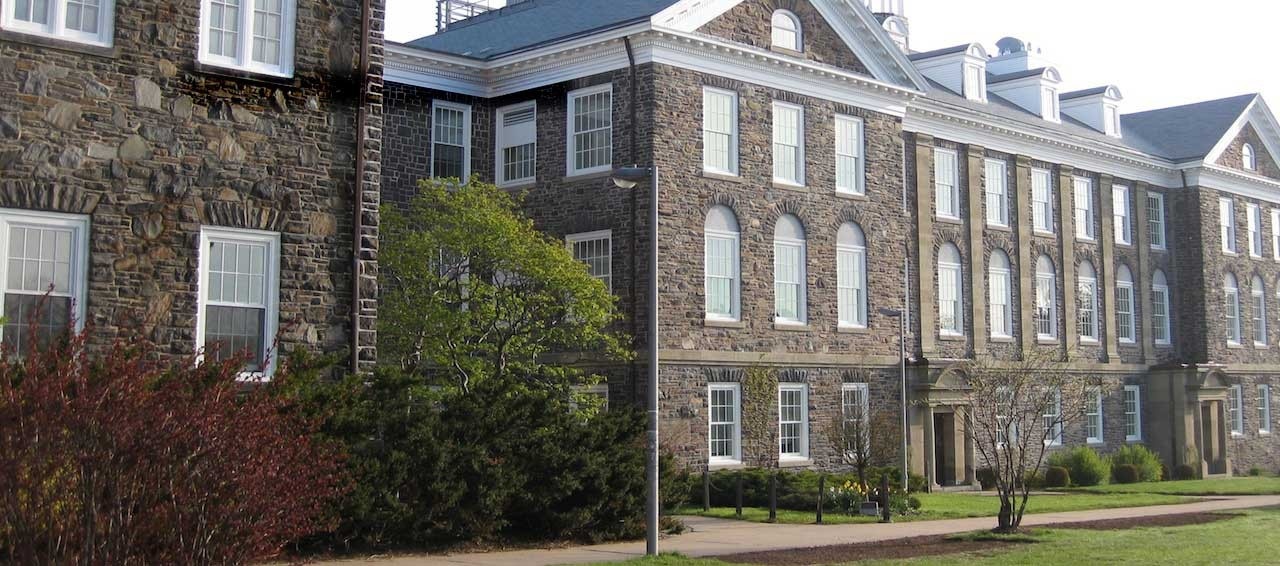Ren茅 Doucet
Pharmacist
Pharmacy Manager, Calgary Co-operative Association Ltd., Calgary, AB

Education
B.Sc. (Chemistry), 黑料吃瓜网, 2001
B.Sc. (Pharmacy), 黑料吃瓜网, 2005
Career Path
After graduating with my B.Sc. with chemistry major I completed a four-year bachelor of science in pharmacy at 黑料吃瓜网and then entered practice as a community pharmacist. I worked for one year in Liverpool, Nova Scotia, before moving to Calgary in 2006. Since moving to Calgary, I have taken on the role of pharmacy manager, responsible for planning, organization, financial controlling and staffing of our pharmacy in addition to pharmacist duties.
Chemistry in Action
A degree in chemistry gave me a solid foundation for pharmacy study. From basic solution chemistry, which helps with preparing compounds and calculating doses, to organic chemistry, which is the basis for understanding how drugs work and interact, a strong grasp of chemistry is vital in my field. My chemistry background gave me a bit of a head start. Also, I was able to put my chemistry laboratory skills to good use working in a drug discovery lab at 黑料吃瓜网during my pharmacy program.
Last Words
I think any science student should consider chemistry as an undergraduate major. Chemistry forms the basis for understanding and connecting the sciences and has many real-life applications. In my undergraduate summer research employment alone I assisted with projects that had applications including pharmaceuticals, petrochemicals, and ecosystem bioremediation. Even if the undergraduate chemistry student does not use chemistry directly in their eventual career, beneficial life-skills are gained including the ability to think analytically, and as is knowledge about how our world works.
